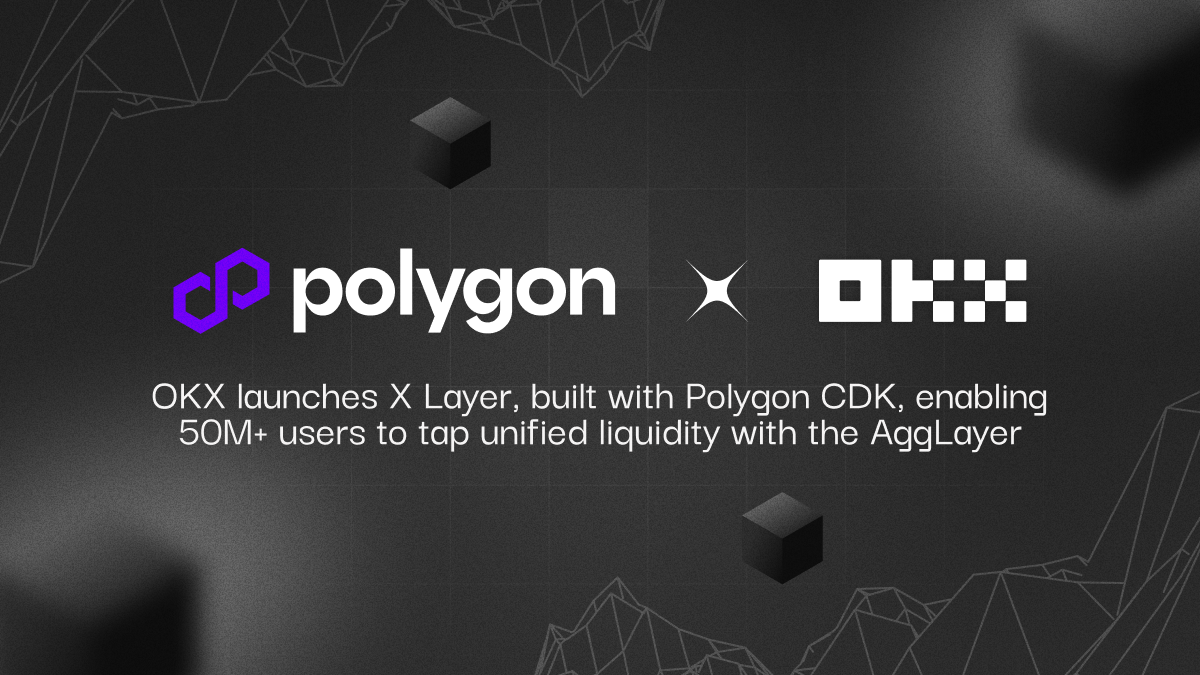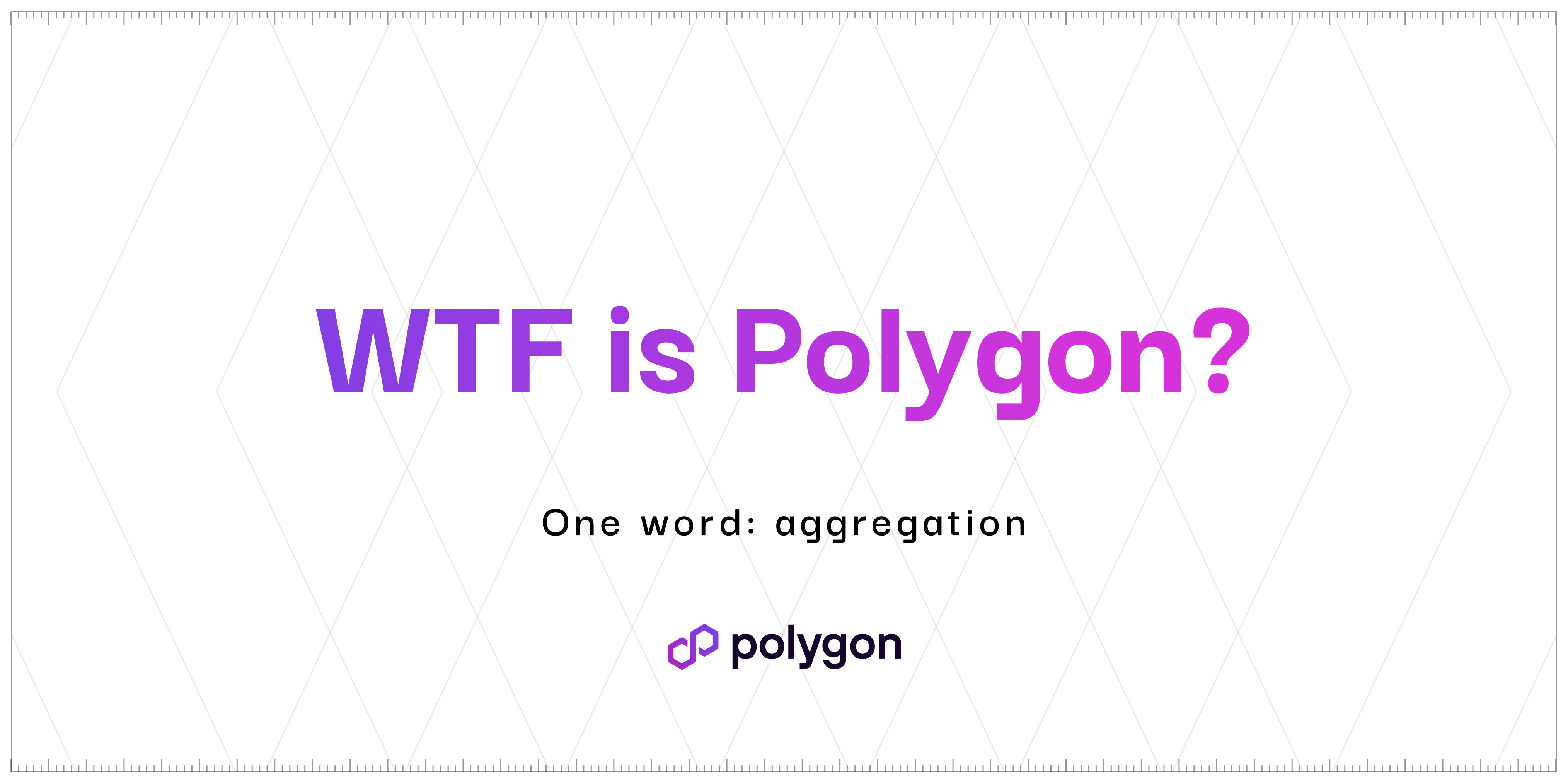Polygon PoS Validator Spotlight: Meria
Find the password, mint the spotlight NFT

The next installment of Season Two of Spotlight Quest: Polygon PoS Validators features Polygon PoS validator, Meria. In this series of posts, you’ll learn what it takes to be a validator, explore decentralized coordination, and better get to know Polygon PoS validators. For every interview, find the secret passphrase in order to unlock a mintable NFT on Galxe. The next mint, associated with this post, is the Citrine Gemstone.
Meria, a France-based institutional-grade staking service founded in 2017, has a pulse on the lightning-fast evolution of crypto technology.
Just look at where they’ve been. Back in 2017, they started out with mining rigs for Ethereum and Bitcoin, the dual-headed monster that put crypto on the global map. But Meria has evolved as the tech has evolved.
Now Meria is a regulatory compliant staking service recognized by the French Autorité des Marchés Financiers, securing 35+ EVM and non-EVM chains. Additionally, they’re a crypto infrastructure provider with a number of other applications and projects. In this post, we speak to Meria about their vision for staking, their background, and their plan for mobile integration.
On their vision and history
We started in 2017 with a focus on mining, specifically Bitcoin and Ethereum. This era really helped us understand the technology deeply, and also gave us a sense of where the tech was headed: towards many proof-of-stake chains. In 2020, we became an early validator helping secure the newly launched Matic Network, which as you know was renamed the Polygon Proof-of-Stake network.
Now we secure around $250 million of stake on more than 35 blockchains. With a robust infrastructure supporting nodes across diverse networks, such as Polygon PoS, Ethereum, Avalanche, dYdX, Cosmos, and many others, we offer a transparent, seamless service to stakers interested in participating in decentralized networks. We’re proud to say that we fall within compliance of the French AMF, and our infrastructure is managed by a team of almost ten experienced node operators, with rigorous safety processes and oversight.
On their validator setup
We use several cloud providers to limit dependency and enhance redundancy, with about 85% of infra hosted on the cloud, as well as several other products, like baremetal servers and cloud VMs. All servers are secured following best Linux hardening practices, in addition to a 24/7 team on-call to meet any issue. Note that this is not a static setup, as we keep challenging and changing our infrastructure every year to ensure minimum downtime and maximum scaling.
Congratulations! You found the secret password: evolution.
On their plans for 2024
This is the year Meria goes mobile and we diversify into new sectors. We kicked off with the release of a mobile application, allowing users to stake and transact directly on their phones. From an onchain perspective, we’ve been working hard to innovate in the RPC sector, even as we continue to enhance white-label offering for validators. Also, keep an eye out for our nodes to help validate new networks!
On educating a broader audience about crypto, Polygon, and the AggLayer
Meria Academy is our evangelism wing, specifically geared toward educating French audiences about all things crypto—including democratizing access to the Polygon network to our large audience in French speaking countries.
We’re excited about the future of Polygon. As a node operator on Polygon PoS, we’re looking forward to contributing to the growth of the AggLayer, when the Polygon PoS network joins, by providing our infrastructure. With AggLayer, we believe that a working solution to the problem of L1 and L2 cross-chain interoperability has been developed that will help provide the best UX possible.
Be sure to follow Meria on X (formerly Twitter) and LinkedIn, and tune into the blog and our social channels to keep up with updates about Polygon.
The future of Web3 is aggregated.
Website | Twitter | Forum | Telegram | Discord | Instagram | LinkedIn | Polygon Knowledge Layer



.png)







.png)




